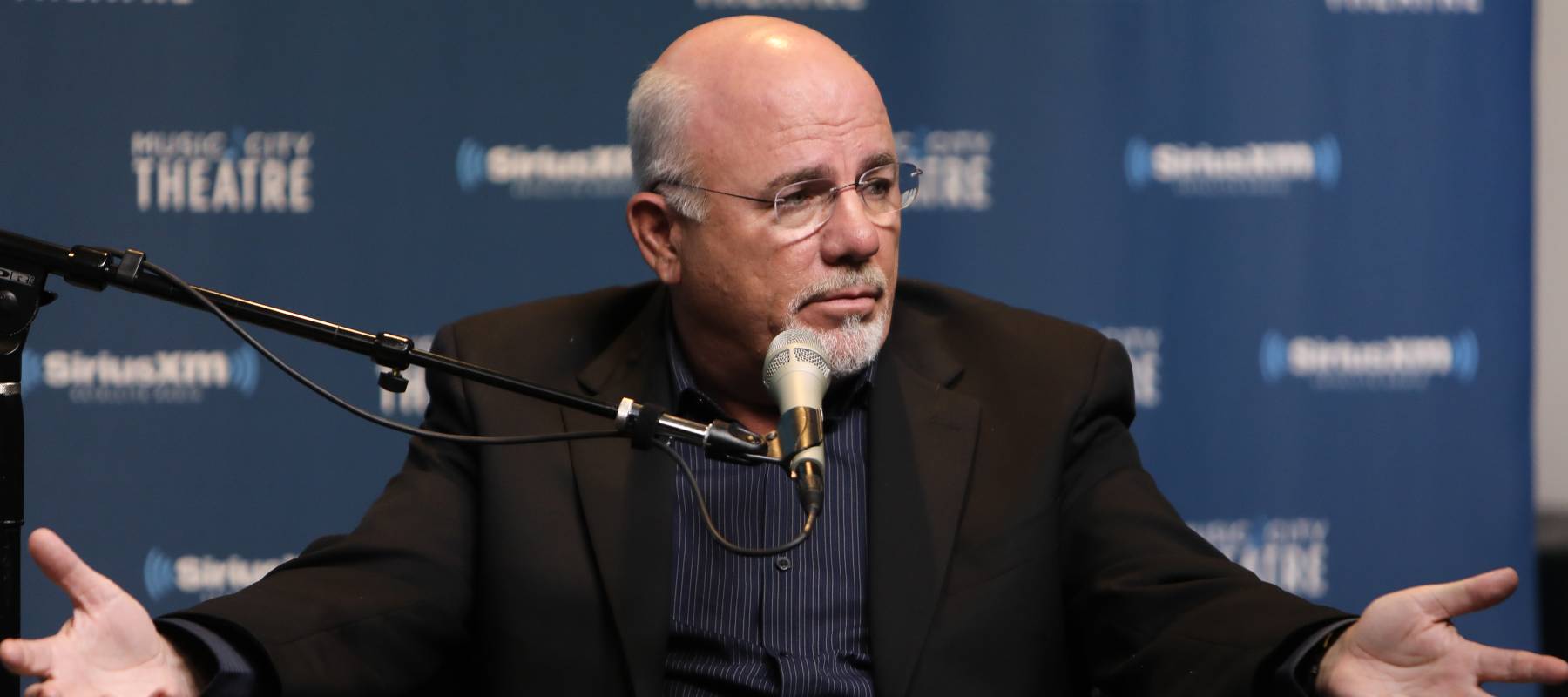What's the problem with permanent life insurance?

Permanent policies have more features, but you'll pay a high price for them.
Nearly half (49%) of Canadians are buying permanent life insurance, the PolicyMe survey says, and a full 86% of that group are confident they've made the right choice. Those people may want to take a second look.
“There's an elephant in the room when it comes to life insurance,” Ostro says in a release.
The Canadian Life and Health Insurance Association, a nonprofit that oversees the vast majority of the industry, says consumers should rely on the guidance of an insurer, broker or adviser.
Yet PolicyMe argues that since insurance brokers often receive far greater commissions by selling permanent coverage, they have a big motivation to upsell their clients.
Once they’ve bought in, the release says, average Canadians end up overpaying in their youth (when they’re unlikely to die) and over-insured in their old age (when they don’t need much coverage).
Plus, if your permanent policy includes an investment component, PolicyMe says you can expect to get worse returns compared to other options available, like TFSAs and RRSPs.
Empower your investments with Qtrade
Discover Qtrade's award-winning platform and take control of your financial future. With user-friendly tools, expert insights, and low fees, investing has never been easier.
Start Trading TodayWhen does buying permanent insurance make sense?

If you'll always have a dependent, perm policies make a lot of sense.
“Perm” policies — which include whole, universal and term-to-100 plans — do provide some advantages for the extra cost.
So long as you keep paying, your insurance will never expire. And even though your premiums are way more expensive, they’re typically locked in forever; the price of a term policy will rise if you decide to renew at the end of your term.
“As a rule, permanent needs should be covered with permanent insurance, temporary needs with term insurance,” the Canadian Life and Health Insurance Association says on its website.
Those permanent needs can include funeral expenses, family members who remain dependent for their lifetimes (often due to a disability), and covering capital gains taxes if you transfer property to someone when you die.
One final reason to choose perm? Remember that death benefits from life insurance are always tax-free.
So if your RRSPs and your TSFAs are both maxed out, whole or universal life insurance will give you one more tax shelter you can use to invest your hard-earned cash. When the benefit is paid out, not one cent will go to the feds. It will all go to your family.
Why term is enough for most Canadians

There comes a time when most people will need less coverage.
The cost difference between term and perm is substantial, so you should be very clear about the benefit you’re getting for your extra money. A 20-year term policy for a healthy 30-year-old man can cost as little as $30 per month, whereas a permanent policy can start at $300 per month.
Ostro is a big fan of term policies because they are budget-friendly and the nuts-and-bolts are easy to understand.
Term policies cover you for a particular span of time, between five and 35 years. All you need to do is choose a term that matches your individual needs.
For example, if you’re a new parent, consider a 20-year term that will last until your baby’s postsecondary graduation. That way, they’ll be protected until the day they become financially independent.
One day, if all goes well, the kids will move out, you’ll pay off your mortgage and other debts and you’ll have a comfortable nest egg for retirement. At that point, you probably won’t need life insurance anymore, and you can simply stop paying and let your term policy expire.
Unexpected vet bills don’t have to break the bank
Life with pets is unpredictable, but there are ways to prepare for the unexpected.
Fetch Insurance offers coverage for treatment of accidents, illnesses, prescriptions drugs, emergency care and more.
Plus, their optional wellness plan covers things like routine vet trips, grooming and training costs, if you want to give your pet the all-star treatment while you protect your bank account.
Get A QuoteCan you switch between term and perm?

Switching one way is often easier than the other.
If your term policy can be converted to a perm policy upon expiry — a standard option in many plans — it may be worth doing if your health takes a turn for the worse.
While perm policies are very expensive, qualifying for a new term policy when you’re much older or in ill health will also prove costly.
As for changing a perm policy to a term policy, Ostro says the cancellation fees can be so high that ditching your contract may not be worth it — especially if you try to make the switch soon after you sign on.
“There are more upfront costs. Brokers are paid five to 10 times more in commission than with term policies, and underwriting is expensive,” Ostro tells Money.ca. “They have to make up for those costs if you cancel.”
So if your COVID-era budget is tight, and your permanent policy is throwing your Excel sheet out of whack, you may need to look into other options to free up your cash flow.
You can borrow from the cash value of your insurance to pay your premiums or use your dividends if your policy doles them out. There’s one hiccup when you borrow, though: You will have to pay the money back, and your death benefit will take a hit until you do so.
How do you make the right choice?

You always want to ensure you get the best quote for the coverage you choose.
When choosing between perm and term — the Bentley and the Honda — you should remember that your real destination is peace of mind. You need to cover your debts and make up for your income so your loved ones aren’t stuck with a hot financial mess if you die.
Both term and permanent policies will do that for you, but one option costs 10 times as much as the other.
“The majority of the population simply needs coverage to protect their loved ones,” Ostro says. “In that case, buy term and don’t look at anything else. If you are looking for more than insurance and need another account for estate planning, you can consider perm.”
policy that meets your specific needs — at the best possible price.
To that end, PolicyMe offers term life insurance at some of the lowest premiums in Canada. And the company’s automated-underwriting technology makes the process of applying for a policy — which has traditionally taken weeks and involved complicated paperwork and awkward medical exams — painless and quick.
You can get an instant quote on PolicyMe’s website simply by answering a handful of basic questions. And if you to decide to complete a full online application, which for most people will take about 15 minutes, you’ll immediately find out whether you’re approved. No more weeks-long waiting periods, and most healthy applicants won’t need a follow-up medical exam.
Getting the right quote for the right policy will ensure you can make the most of your money in the here and now.
Trade Smarter, Today
Build your own investment portfolio with the CIBC Investor's Edge online and mobile trading platform and enjoy low commissions. Get 100 free trades and $200 or more cash back until March 31, 2025.








